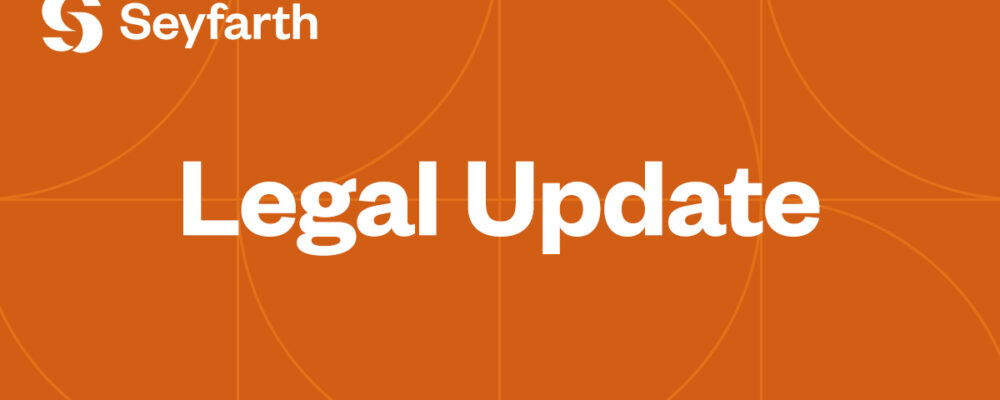
Almost precisely a year after the Department of Justice (DOJ) announced its intent to begin the rulemaking process to enact website accessibility regulations applicable to state and local governments under Title II of the Americans with Disabilities Act (ADA), the DOJ has published its Notice of Proposed Rulemaking (NPRM) to the Federal Register for publication today, August 4, 2023.
We will follow up with another post with more substantive analysis, but here are some key points from the NPRM:
- Entities Covered. The proposed regulation would apply to public entities as defined by Title II of the ADA, which means state and local governments, as well as any department, agency, special purpose entity, or other instrumentality of a state, or state or local government.
- Digital Properties Covered. The content of websites and mobile apps, and specifically the information and sensory experiences (such as text, images, sounds, controls, and animations) that websites and mobile apps convey, as well as conventional electronic documents posted there, such as PDFs, Word documents, and Excel files. Such web content that a public entity makes available to the public, or uses to offer its services, programs, or activities to the public, would be covered.
- Accessibility Requirements. Covered websites and mobile apps will need to comply with the Web Content Accessibility Guidelines (WCAG), Version 2.1, Levels A and AA.
- Timeframe For Compliance. Within two years of the publication of the final rule, public entities with a population of 50,000 or more (as per the U.S. Census) would need to comply. Public entities with a population of less than 50,000, as well as special district governments (public entities that perform designated functions) would have up to three years to comply.
- Exceptions. Critically, there are a number of exceptions, both with general application, and directed at specific types of public entities. We summarize the key exceptions to the WCAG 2.1 AA conformance requirement as follows:
- Fundamental Alteration/Undue Burden. The requirements do not apply to any actions that would result in a fundamental alteration of a service, program, or activity of a public entity, or impose an undue financial and administrative burden. That determination would need to be made by the head of the public entity or his or her designee, and set forth in writing.
- Archived Web Content. Content maintained exclusively for reference, research or recordkeeping (among other factors), as well as pre-existing conventional electronic documents (Word documents, Excel files, etc.) would not be covered, except for electronic documents that are used by the public to gain access to government programs, services or activities;
- Third Party Content. Content posted by a third party that is available on a covered website or mobile app;
- Linked Third Party Content. Web content by third parties that is linked to a covered website or mobile app also would not be covered, unless used by the public entity to allow the public to access its services, programs or activities; and
- Certain Password-Protected Files. Certain online documents protected by passwords that are unique to the individual, or documents or information related to the coursework of a public school, college or university, would be excluded as well, subject to further conditions and exceptions.
The proposed regulations also provide that a public entity can alternativity use a “conforming alternate version” of a covered website or mobile app as defined by WCAG 2.1, or provide “equivalent facilitation” to provide access, which means using alternative designs, methods or techniques that result in substantially equivalent or greater accessibility and usability of the website or mobile app for individuals with disabilities. Public comments are due no later than October 3, 2023. Stay tuned for further updates and analysis.
“With approximately 900 lawyers across 17 offices, Seyfarth Shaw LLP provides advisory, litigation, and transactional legal services to clients worldwide.”
Please visit the firm link to site





